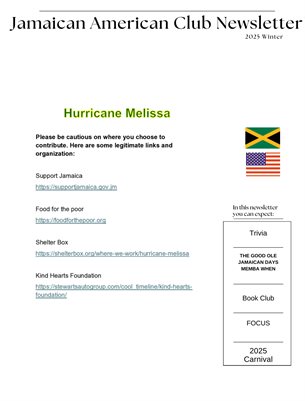Written by Howard Ramsamugh
www.Howard Ramsamugh.com
1. Being too complacent with your income
This is a very common mistake. I am always very happy to assist someone in planning his/her future. But, there are far too many people who think that because their incomes are good enough to finance their current lifestyles, they do not need to save as much for the future. Current income is never a good reason to not save and help preserve your current and future lifestyle. Many people thought their homes were the perfect asset. You should know by now, it is just another asset with some “fancy curtains”.
2. Over investing!
There are many people who are over investing in the stock market. You should not invest based on your personality. For example, you may like and enjoy gambling at a casino. This is okay, but you should not invest your entire 401k account balance into aggressive stocks or company stock, simply because you are willing to take on the risk of gambling. If you do, you are labeling yourself as an aggressive investor unnecessarily. Being aggressive does not necessarily mean having a better rate of return on your investments. What you do in your leisure time is for recreation. Your future is your real life. Your investment strategy should match your goals and not your personality.
3. Making false assumptions based on others
This mistake has seriously hurt so many people. I know that your co-worker and brother may have bought two homes each, and flipped them for a nice profit. Real estate “must” be a great investment as so many people are making money flipping property. This could be true. But is it not also true that since so many people are buying properties to sell, that some of the sellers are really buyers? Therefore, prices can be artificially higher, and that lead to fewer people being able to afford home prices. Do not follow the trend; lead the trend!
4. Having a true emergency fund available
In order to have an emergency fund you must have a budget. This is true. Many people like to think they have an “emergency fund”; only to have an emergency and find “Mr. Visa and MasterCard” are just waiting to bury them in debt. If you do not have a budget you will spend your emergency fund on nonemergency things. Unnecessary debt is bad! A prepared individual does not need a credit card in an emergency and has less stress than an unprepared person.
5. Trying to guess how long (or short) you will live
When making financial decisions, try not to go too far with your assumption. Many people put off starting to save money in an organized way until later in their adult lives. It is common for younger people to say that they have a long time. Then there is a crisis, an accident happens and there is no money to sustain the hard times. An older person may be spending money at a fast and unsustainable rate, assuming that he or she will be gone by 75, only to be still living at 80 years old. Create a budget and a plan for a stable and financially independent lifestyle and live according to it.
6. Not knowing your benefit plan at work
More than 30% percent of people who have a retirement plan at work do not make use of it. If that number were 10% it would still be too many people. Many people do not know what benefits their employer plans have available. Is there a disability plan? What percentage of your income will it pay and for how long? This is a time issue. Spend the time to read that enrollment package sent to you, or take it to your financial advisor for clarification.
7. Not knowledgeable enough about financial matters
This may be the most important of the seven biggest mistakes people make. How is it possible to make a good decision about what insurance or investment strategy is good for you, if you have not read up on these issues yourself? Do you know what the Dow Jones Industrial Average is and what it is telling you? What is a Universal Life Insurance policy? Do you have a go-to source or person to get information as you need it? Just like a pianist practices her craft, so too you must grow and become a more informed and experienced decision maker. Start reading those statements sent to your home. If all else fails, have a good relationship with a financial advisor that you trust. If you are or are willing to work on avoiding these pitfalls in your finances, you are well on your way to being considered a “sophisticated investor” in my opinion. Best of wishes to you!
Visit www.HowardRamsamugh.com for more financial information and share with others.





No comments:
Post a Comment